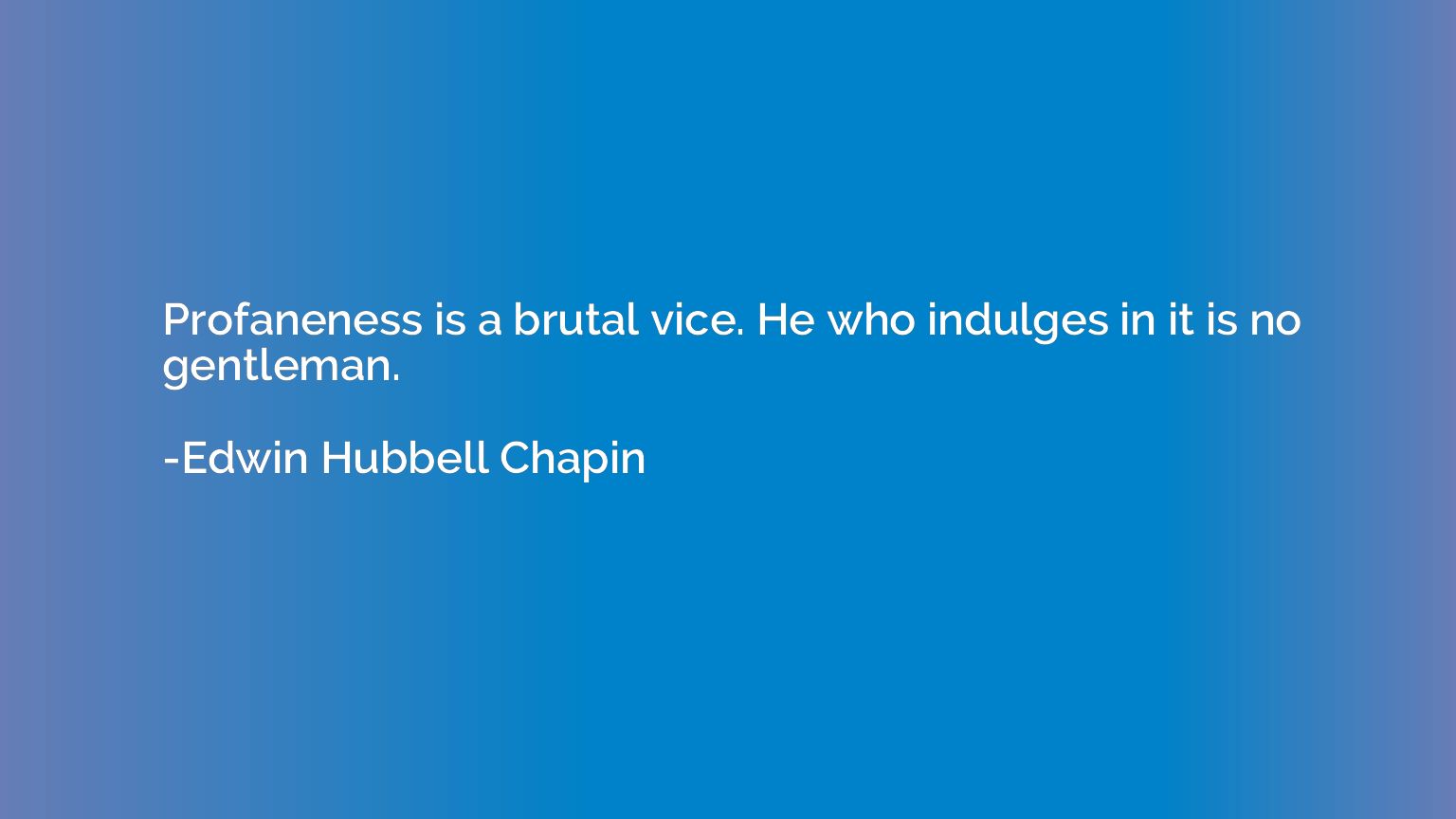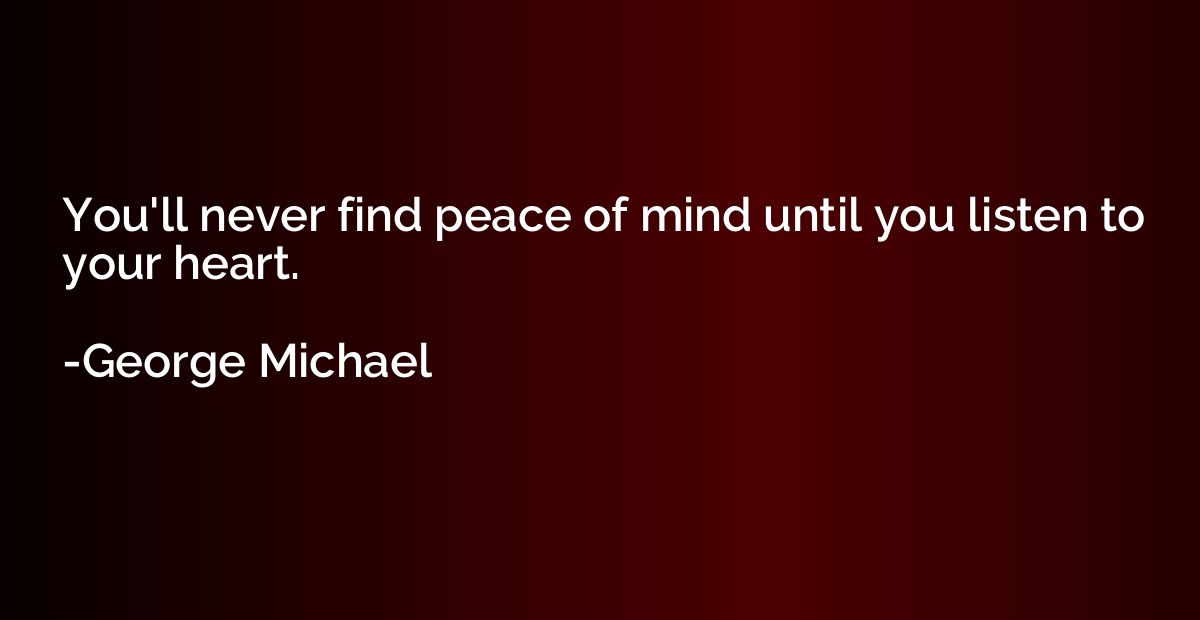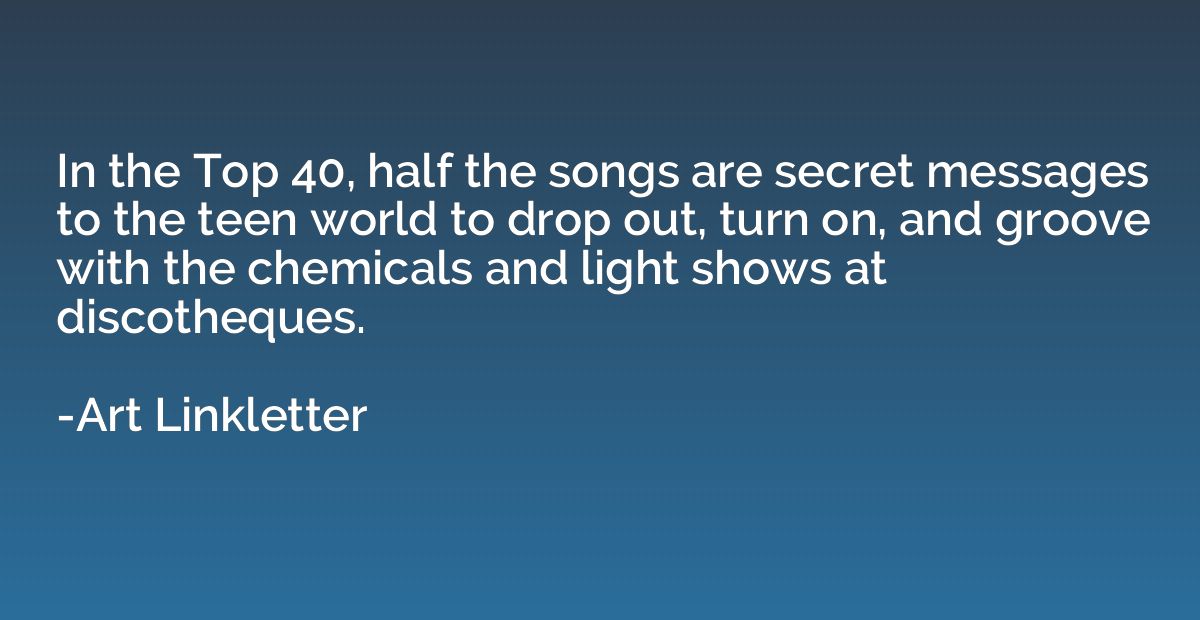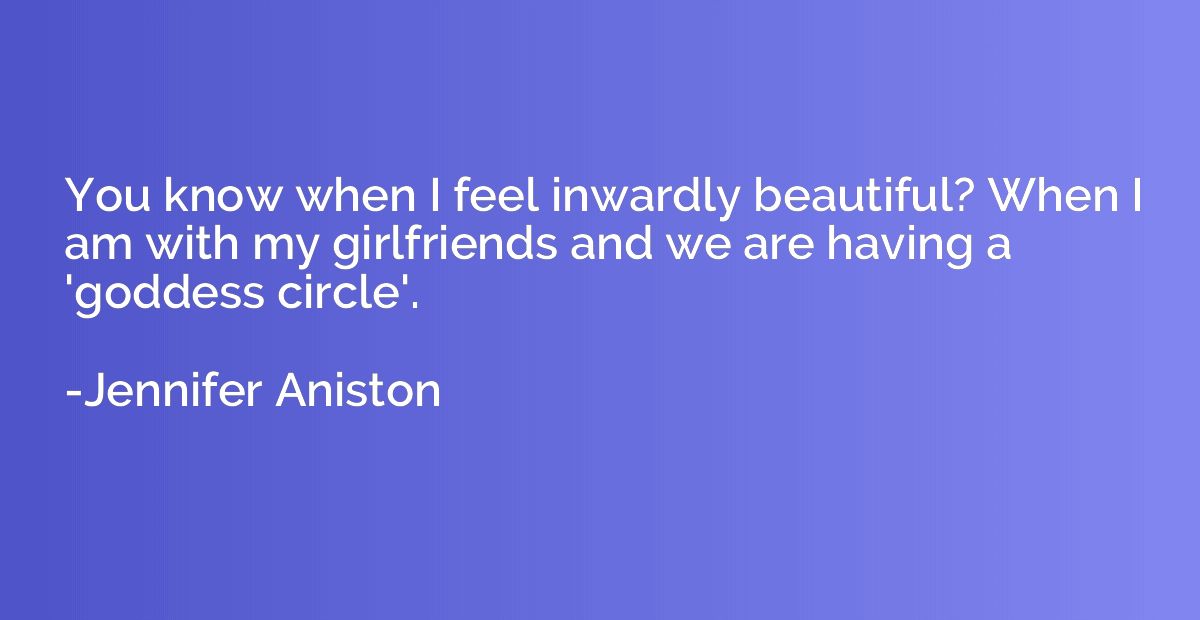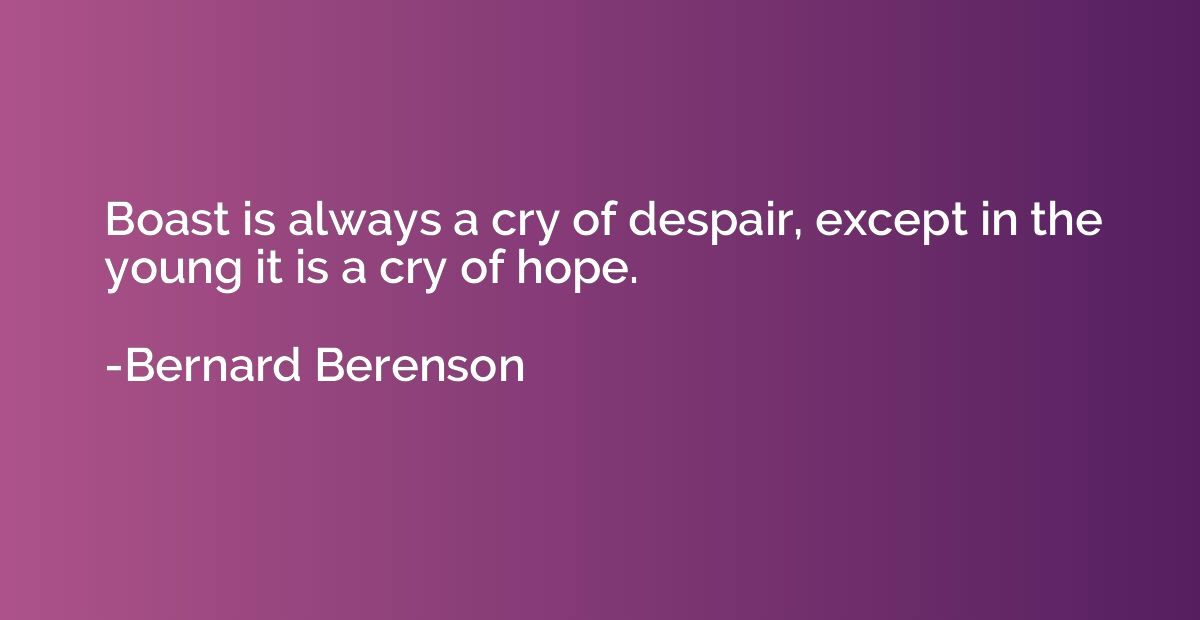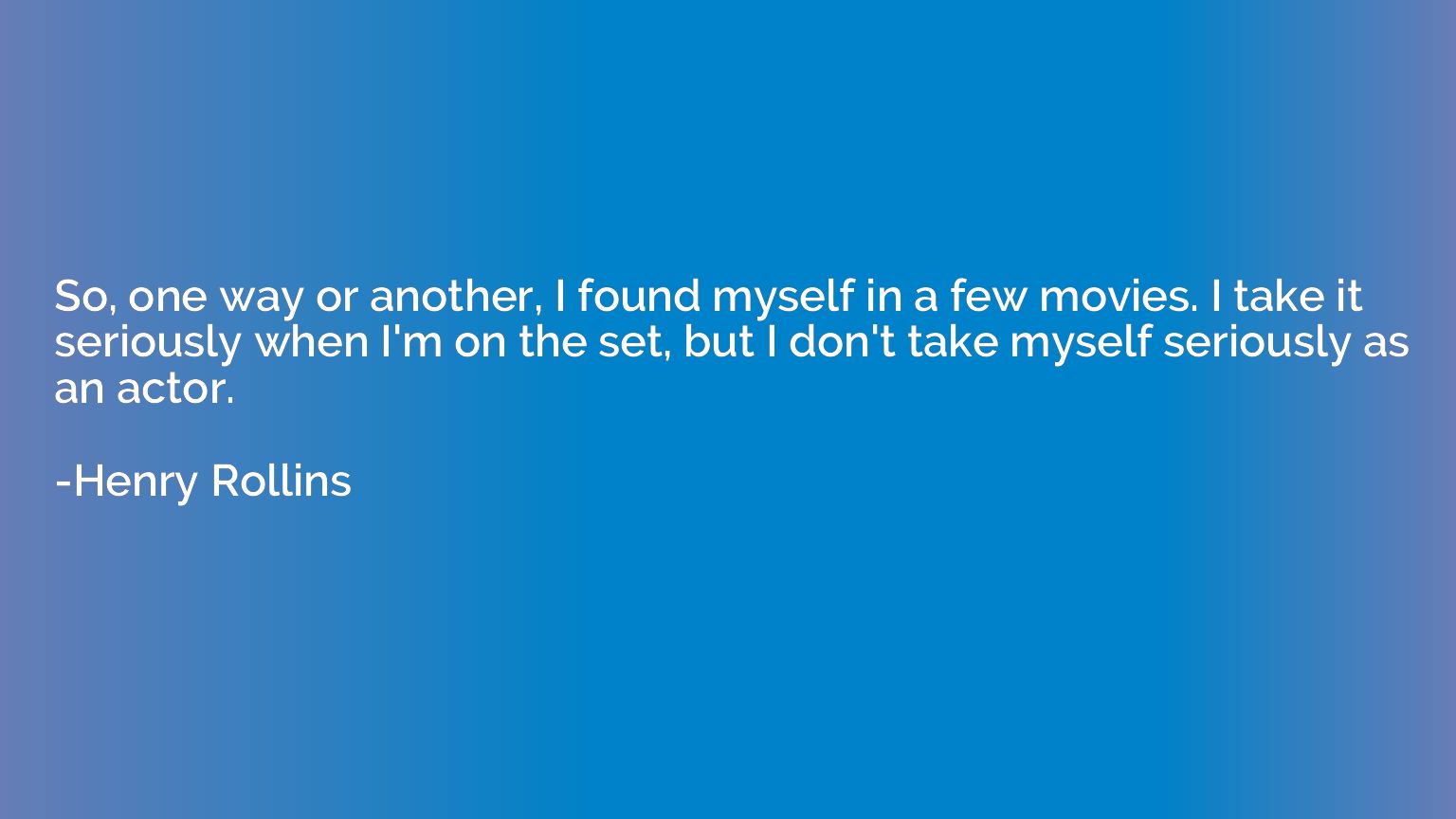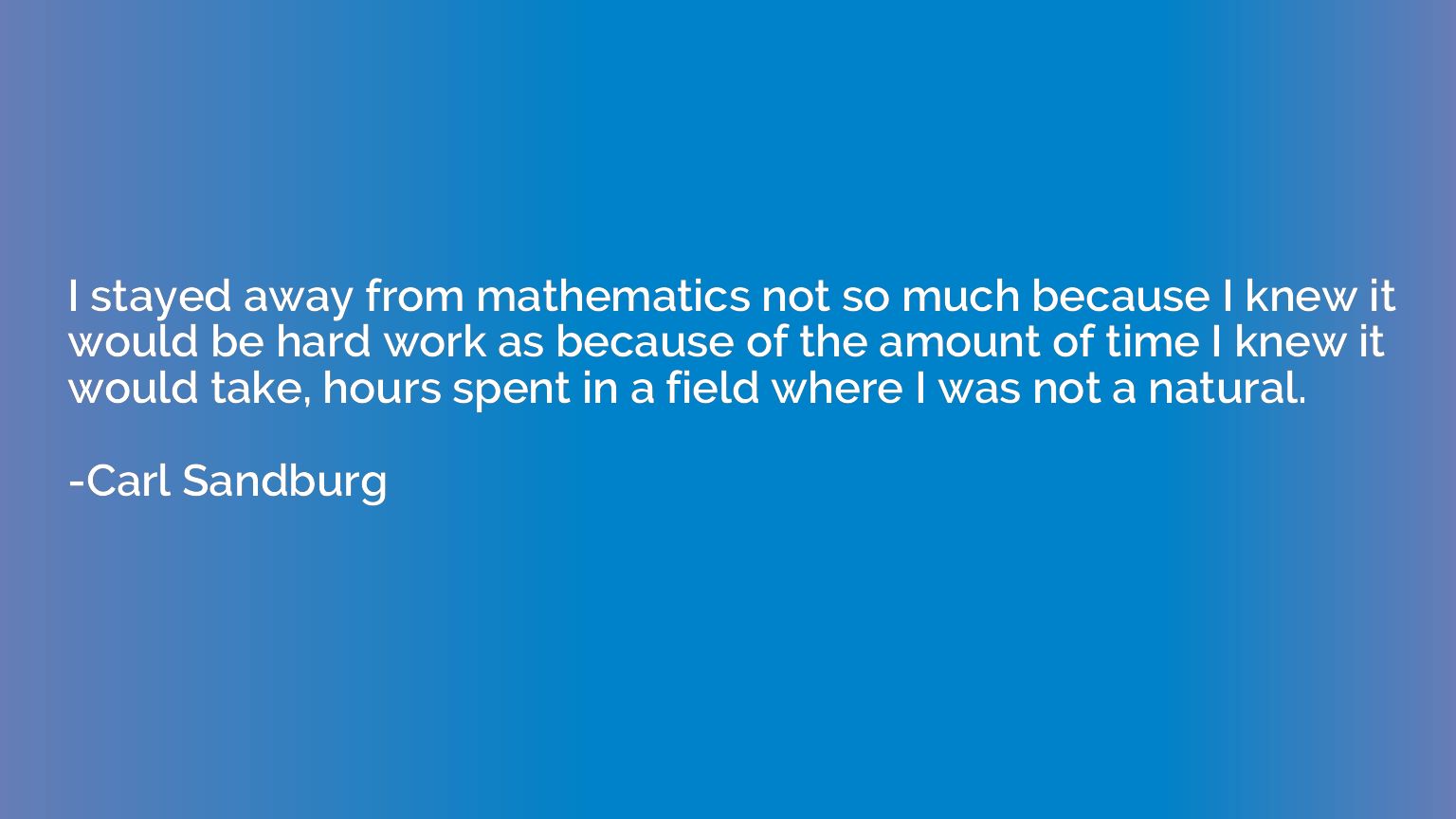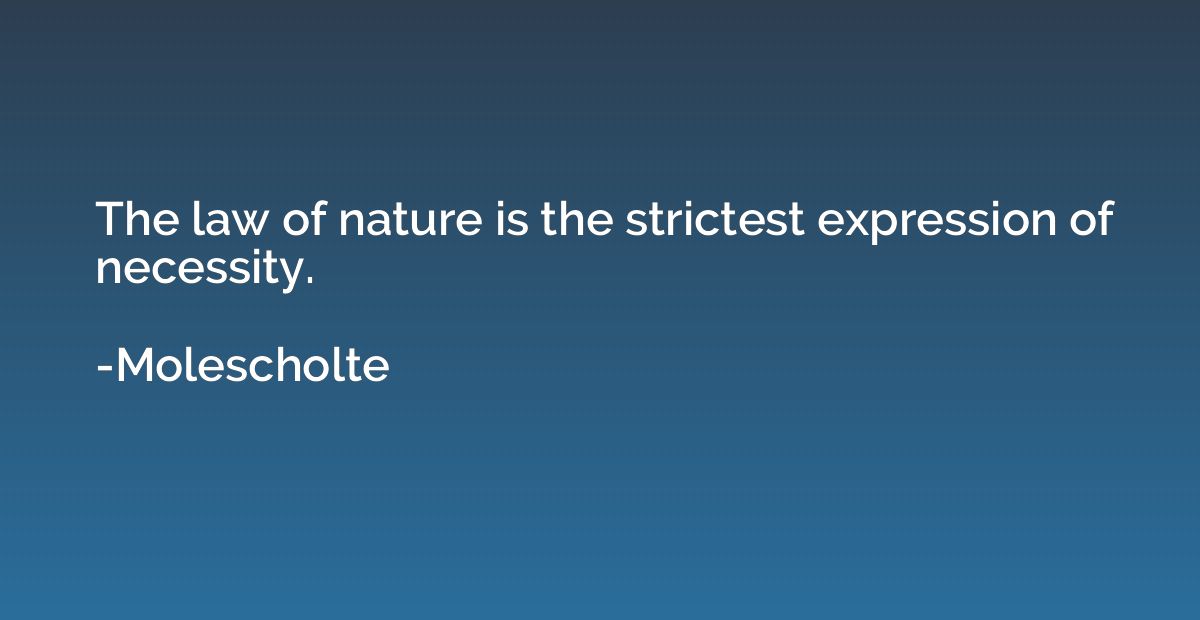Quote by Albert Camus
In default of inexhaustible happiness, eternal suffering would at least give us a destiny. But we do not even have that consolation, and our worst agonies come to an end one day.
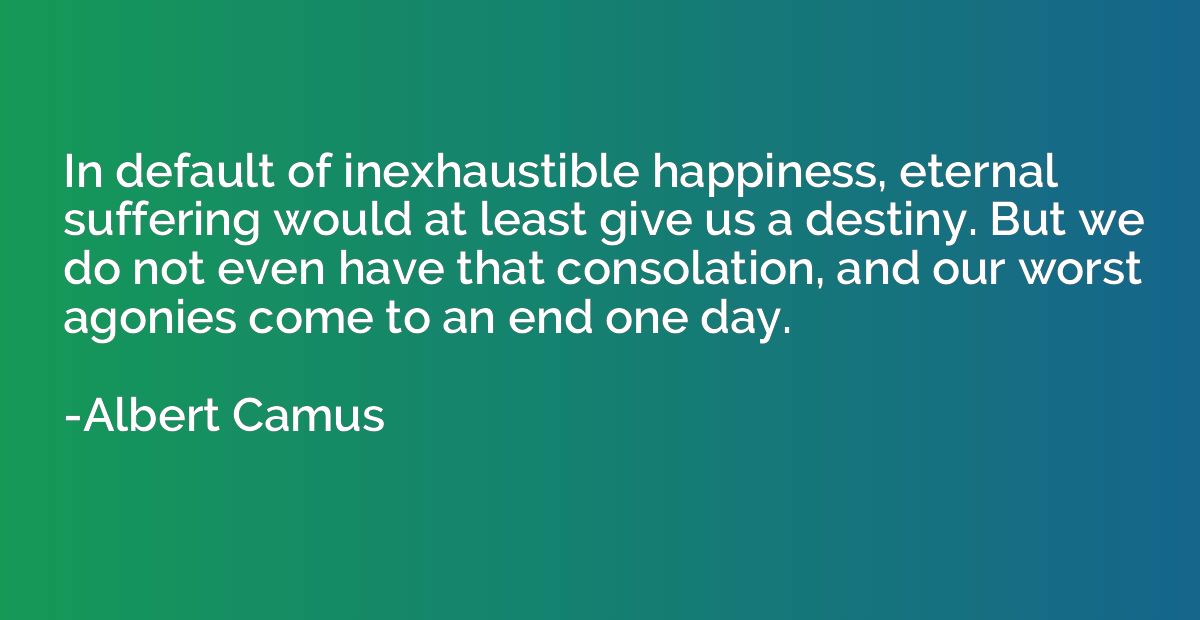
Summary
This quote suggests that if we were to lack everlasting happiness, enduring eternal suffering would, at the very least, provide us with a sense of purpose or fate. However, even this comfort is denied to us, as our most intense suffering eventually comes to an end. The quote encapsulates the idea that human existence is marked by an absence of both eternal happiness and eternal suffering, leaving us with a sense of uncertainty and impermanence.
By Albert Camus



